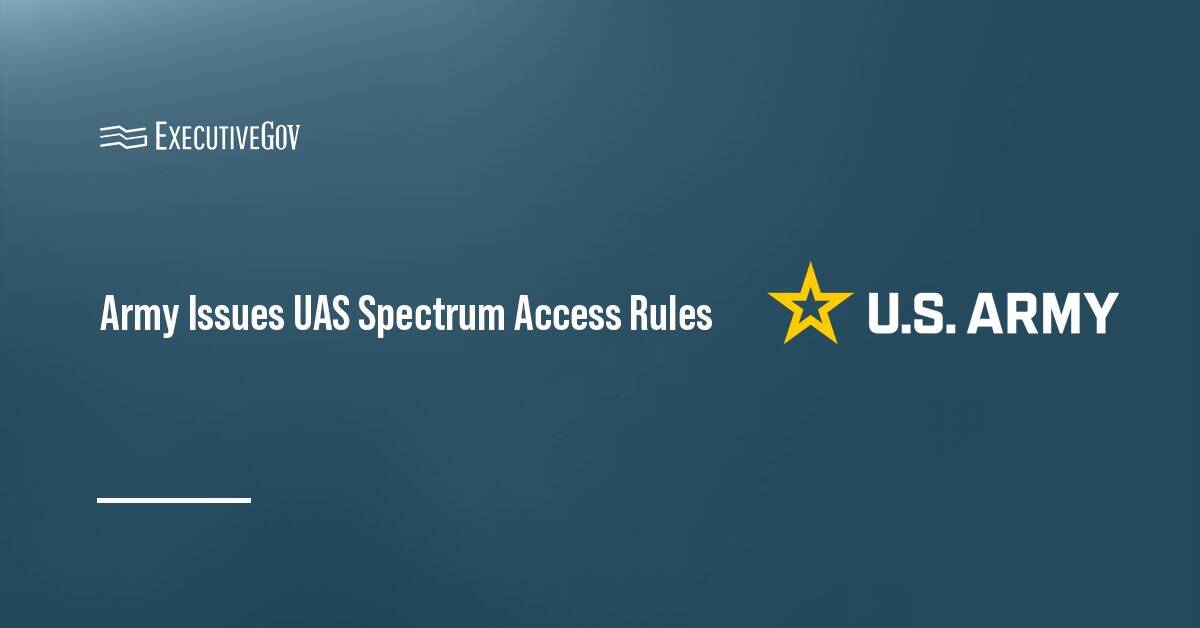Congress is pushing for the Department of Defense (DOD) to improve its workforce in the highly specialized quantum computing field. Sen. Maggie Hassan, D-N.H. and Sen. John Thune, R-S.D have introduced two bills aimed at streamlining pipelines for the DOD and the private sector to acquire students graduating with quantum-related degrees.
The two bills are the QUANTUM for National Security Act and Quantum Network Infrastructure and Workforce Development Act. Congress believes the DOD needs to incorporate a new generation of powerful quantum computers. This sentiment is growing in part from threats posed by China, C4isrnet reported the story on Friday.
Sen. Hassan commented that “Quantum mechanics play a critical role in our national security and economy and will be at the forefront of innovative defense technologies that will help to maintain our military edge over China.”
If the two bills become laws they will add DOD research efforts into the National Quantum Initiative, a program established in 2018 to catalyze quantum research and development. The initiative is currently made up of the National Institute of Standards and Technology (NIST), National Science Foundation, and the Department of Energy (DOE).
Advanced quantum computers are a major to national security because they could break current encryption capabilities, meaning secure communications under current systems will be nearly impossible. If this were to happen, it would be incredibly detrimental to all military operations.
Alternatively, if the U.S. military has powerful quantum computers, it could intercept and capture an enemy's communications. This capability would only be preventable for enemies unless they develop their own quantum computers.
“I am glad to join Sen. Thune in introducing these bipartisan bills that will strengthen Department of Defense (DOD) and DOE efforts in quantum research and help encourage more young people to get into this critical field so that we can create jobs and keep America safe, secure, and free,” concluded Hassan.





